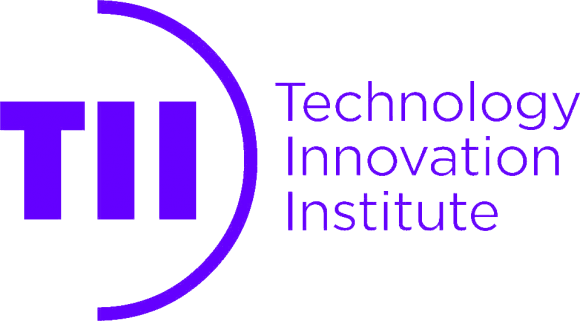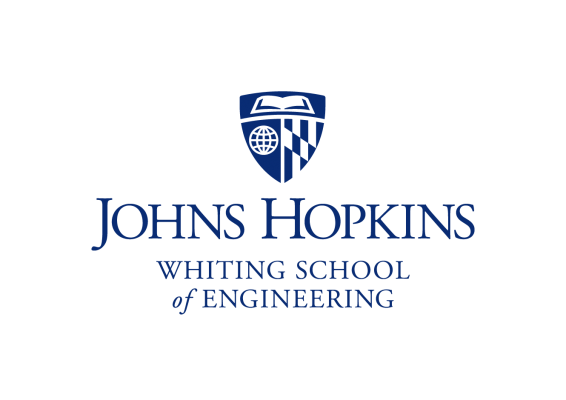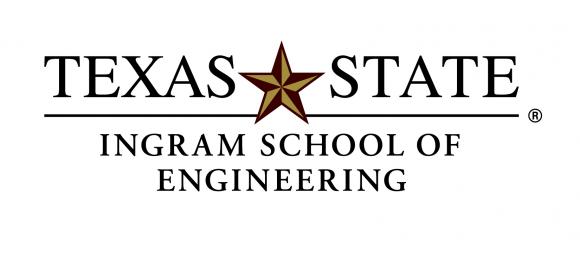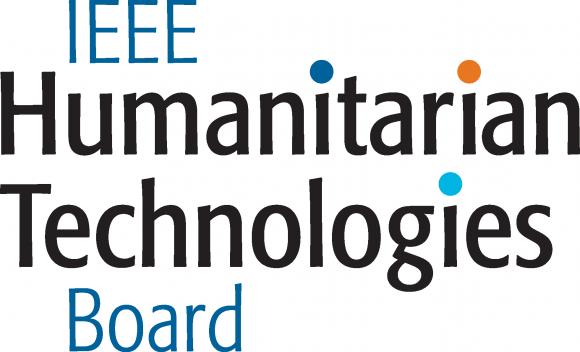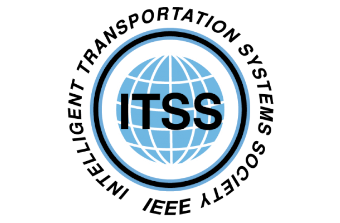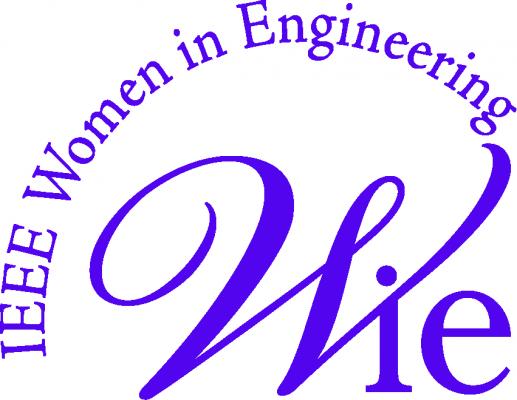Date and Time
Wednesday, 15 NOVEMBER 2023 // 11:00 - 12:30 // EASTERN STANDARD TIME (EST)
Moderator
Ruolin Zhou, University of Massachusetts, Dartmouth
Panelists
- Duminda Wijesekera, Professor, George Mason University
- Gokhan Gul, Assistant Professor, University of Massachusetts – Dartmouth
- Christopher Udeagha, University of Technology, Jamaica
Scope
Artificial intelligence and Machine learning (AI/ML), renowned for their capacity to learn from data, adapt to dynamic conditions, and optimize intricate systems, have emerged as indispensable tools for driving the evolution of intelligent radio communications. AI/ML enhances spectrum efficiency, signal quality, and overall communication performance, contributing to the evolution of wireless networks and technologies. Additionally, reliability, resilience, and security (R2S) are fundamental pillars in AI/ML-enabled intelligent radio communications. Specifically, reliability ensures that data transmission, recep@on, and processing are accurate and consistent. Resilience indicates the ability of a communication system to withstand and recover from disrup@ons, whether caused by technical failures, environmental factors, or deliberate attacks. Security is crucial in any communication system, but even more in intelligent radio communications, where data is transmitted wirelessly. Ensuring the security of such a system prevents data manipulation, improves decision-making capability, and maintains the integrity of radio communication. The impending panel discussion aspires not only to raise awareness but also to unravel nuanced insights surrounding the R2S dimensions intrinsic to AI/ML-enabled intelligent radio communications. Envisioned from diverse perspectives spanning software, hardware, and systems, this panel promises a comprehensive exploration of a vital domain at the nexus of innovation and reliability.
SHORT BIO of Moderator and Panelists
Wijesekera is a professor in the Department of Cyber Security Engineering and Computer Science at George Mason University. He was the inaugural chairman of the Cyber Security Engineering Department until December 2022, and a visiting research scientist at the National Institute of Standards and Technology (NIST) between 2007-2022. He leads the Mason Innovation Laboratory at Mason Square. He is also a fellow at the Potomac Institute of Policy Studies.
His current research addresses multiple areas. The first is the security and safety of cyber- physical systems. Research in this area includes the safety and security of Intelligent Transportation Systems (ITS) that include trains, aircraS, and connected/automated automobiles. Another area is digital forensics. Research in digital forensics includes creating potential scenarios from evidence and creating frameworks for argumentations, error management of forensic data, and adding odds ratio between different scenarios that fit the evidence. A third area is applying formal methods to CPS safety and security.
He was a visiting research scientist at the National Institute of Standards and Technology (NIST) between 2007-2022 and a fellow at the Potomac Institute of Policy Studies in Arlington, Virginia. Prior to joining Mason as an assistant professor in 1999, he was a senior systems engineer in the Military Avionics and Space Systems divisions of Honeywell Inc. in Clearwater, Florida. He has been a visiting post-doctoral fellow at the Army High-Performance Research Center at the University of Minnesota. He received a PhD in computer science from the University of Minnesota in 1997 and a PhD in mathematical logic from Cornell University in 1990.
Gokhan Kul is an assistant professor at the Computer and Information Science department and the associate director of the Cybersecurity Center at the University of Massachusetts Dartmouth. Prior to joining UMass Dartmouth, he was an assistant professor at Delaware State University. His research broadly covers AI for Cybersecurity. He has published at reputable journals and conferences such as IEEE TKDE and IEEE TrustCom focusing on data leakage, concept driS, and threat detection. He contributes to research reproducibility efforts as the Acting Chair of VLDB reproducibility program committee. He received his Ph.D. in August 2018 at the University at Buffalo. He received his M.S. degree at METU in Turkey while working as a software engineer at METU Computer Center.
Christopher Udeagha (Professional Engineer) is Senior lecturer in School of Computing & Information Technology, Faculty of Engineering & Computing, University of Technology, Jamaica. He published several conference and journal papers such as IEEE SoutheastCon and Future Technology Conferences (FTC). He has worked as Trainee Engineer (Chevron), Process Computer Engineer (NNPC), Senior Signal and Telecommunications Engineer (Railway), and over 15 Years of teaching experiences. He is IEEE Senior member, Chair, IEEE Jamaica Section, and IEEE Communication Society. Chair, Jamaica Chapter.
Engr. Christopher Udeagha has won some IEEE Prestigious Meritorious Awards, including Outstanding Achievement in Membership Recruitment for Jamaica Section, 2015, 2018 & 2020. Among all, he served Jamaica Institution of Engineers (JIE) as an ordinary member 2015/2016, Head, Electrical Division, 2016/2017, Vice President Marketing & Publications, 2017/2018, JIE Conference Chair 2017/2018, Vice president Engineering Affairs 2018/2019 & 2020/2021. Engr. Christopher Udeagha is a specialist on Computer Networks and Telecommunications. He is presently researching “Development of Automatic Congestion Detection and Control Protocol (ACDCP) for Security in 6G Wireless Sensor Networks and their Societal Impacts; A Case Study of a Developing Country, Jamaica.”



